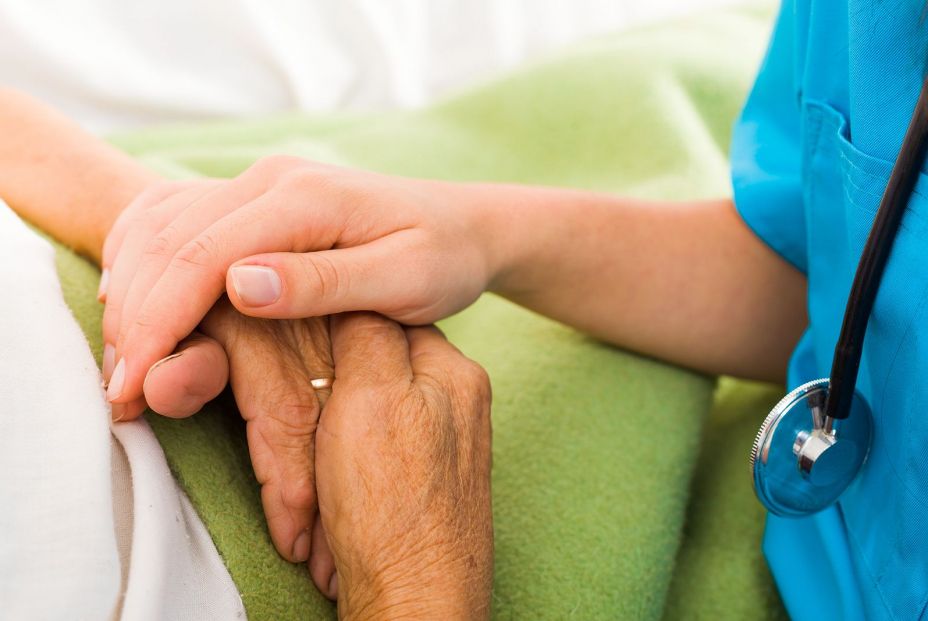The Pasqual Maragall Foundation has warned of the “Lack of institutional support” to the caregivers of patients with Alzheimer’swhether professionals or family, as well as the overload they assume and the low training on the subject in Spain.
They are some of the conclusions collected by the report ‘Taking care of Alzheimer‘, published by the Foundation within the framework of the World Alzheimer’s Daywhich is celebrated on September 21.
The entity shows a reality “that falls mainly on families” and, in particular, on women, and that has a high economic and health cost.
42,000 euros on average
Dementia, especially Alzheimer’s, which It affects about 900,000 people in SpainThey generate an annual economic cost of 42,000 euros on average per diagnosed people, which can amount to 77,000 euros in advanced phases of the disease.
The Pasqual Maragall Foundation emphasizes that 86% of this expense is assumed by families, while only 8% corresponds to health expenditure.
In addition, in 8 out of 10 cases, care is assumed by a relative, in 76% by women, daughters and wives, who dedicate an average of 70 hours a week to this work.

Health and social justice challenge
The director of the social area of the Foundation, Laia Ortiz, He points out that 90% of caregivers-mostly women-face “psychological and physical problems.”
“The care system in Spain is not giving them the answer they need, we are not prepared for the present and future impact of dementias. Alzheimer’s is not only a health challenge, but also a matter of social justice,” he says.
Investment and specialization
The report highlights that Spain allocates less than 1% of its GDP to long -term carea figure “well below” of the European Union and that represents less than half of what Nordic countries invest.
The lack of investment translates into a system that serves people with dementia, of which 70% are cases of Alzheimer’s, “afternoon and without the necessary specialization.”
According to Ortiz, the reform of the Personal autonomy law and dependence It has incorporated recent improvements that expect them to be approved in Congress.
“However, the new regulations must add the perspective of dementias, since cognitive deterioration continues to undervalue and is key to ensuring adequate professional services and support for families,” he says.
Training and support
The report advances information from the recent study ‘Better care’of the Pasqual Maragall Foundation with the support of Imserso, which identifies the “main needs” of professional caregivers.
The results reveal that almost 70% of the professionals surveyed –90% women, between 45 and 65 yearswith an average of experience of 8 years and professional training studies – has not received specific training on Alzheimer’s, although most manifest “great interest” in receiving it.


